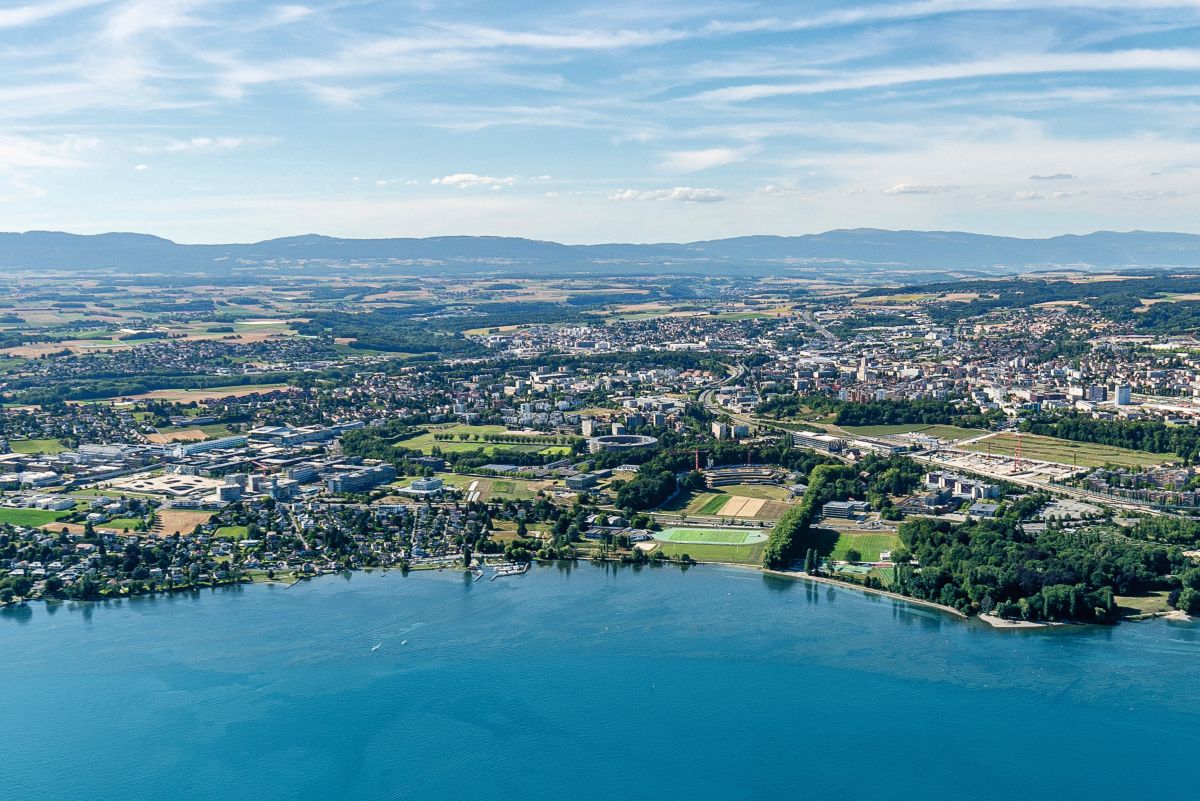The University of Lausanne and EPFL are jointly hosting the 31st ECSS Annual Congress from 7-10 July 2026
University of Lausanne (UNIL) was founded in 1537 and has a student body of 17,000 from nearly 130 nationalities. Focusing on the humanities, social sciences, life sciences (biology and medicine) and environmental sciences, UNIL awards all academic degrees, as well as diplomas associated, for example, with continuing education. UNIL is very involved in sport research through its Institute of Sport Science (ISSUL) and its Center for Interdisciplinary Research on Sport (CIRSport).
ISSUL is an interfaculty institute, attached to the faculties of Social and Political Sciences and Biology and Medicine. It offers a Bachelor's degree, a Master's degree in 5 disciplines (teaching, adapted physical activities and health, social sciences, training and performance, sports and leisure management) and a Doctorate.
CIRSport of UNIL is a center of excellence in sport research, in particular, in its three strategic research areas: Physical activity and health, sustainability in sport and globalisation and governance of sport. Read more about UNIL here.
EPFL (École Polytechnique Fédérale de Lausanne) is Europe’s most cosmopolitan technical university. It welcomes students, professors and collaborators of more than 120 nationalities. EPFL has both a Swiss and international vocation and focuses on three missions: Teaching, research and innovation.
EPFL collaborates with an important network of partners, including other universities and colleges, secondary schools and gymnasiums, industry and the economy, political circles and the general public, with the aim of having a real impact on society.
EPFL connects technology to sport beyond performance. EPFL helps sport and physical activity generate positive externalities in terms of public health, social cohesion, training and the economy. As of today, over 40 EPFL labs have gotten involved in sports-related research, focusing on their five pillars: Quantified self, next-generation equipment, motion and position measurement, data analysis and the spectator experience. Read more about EPFL here.



